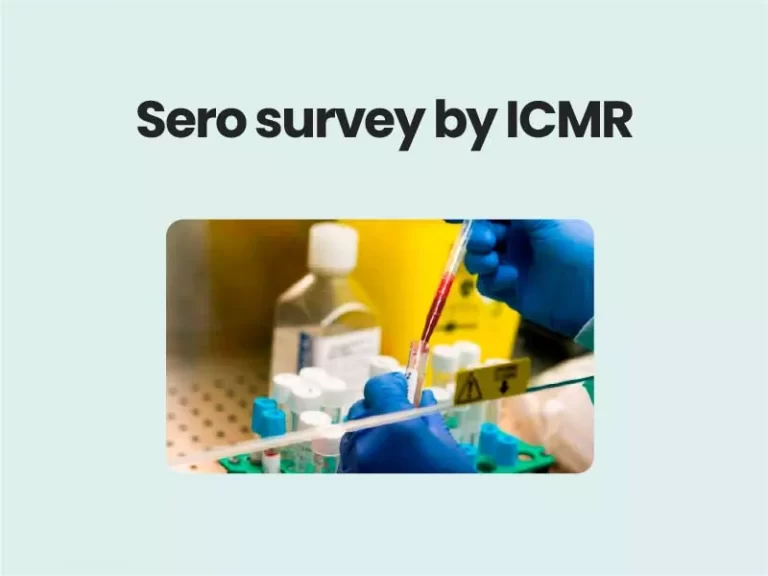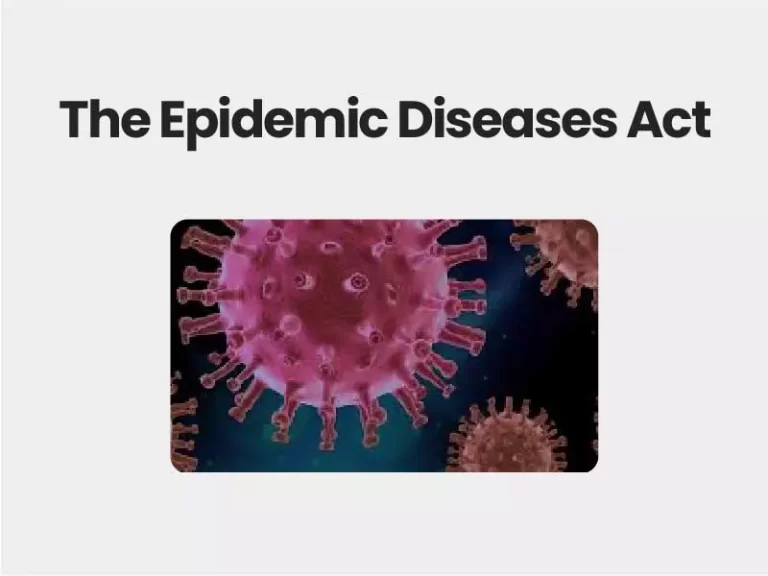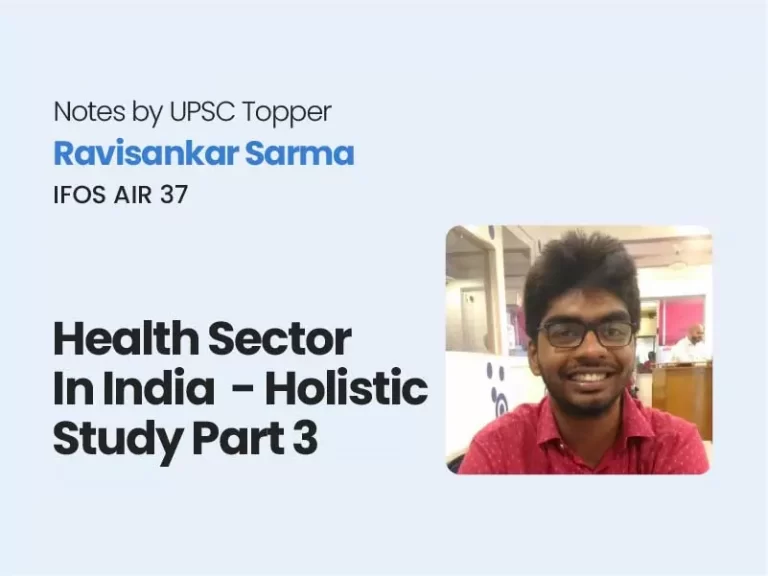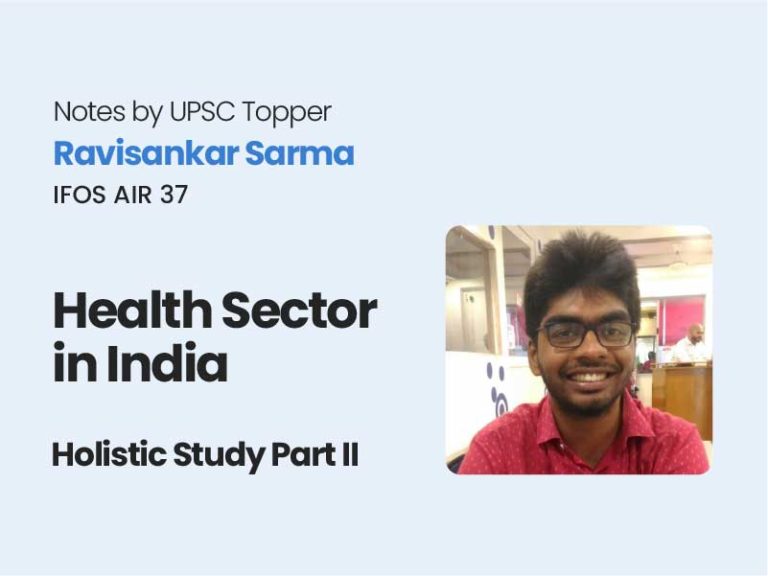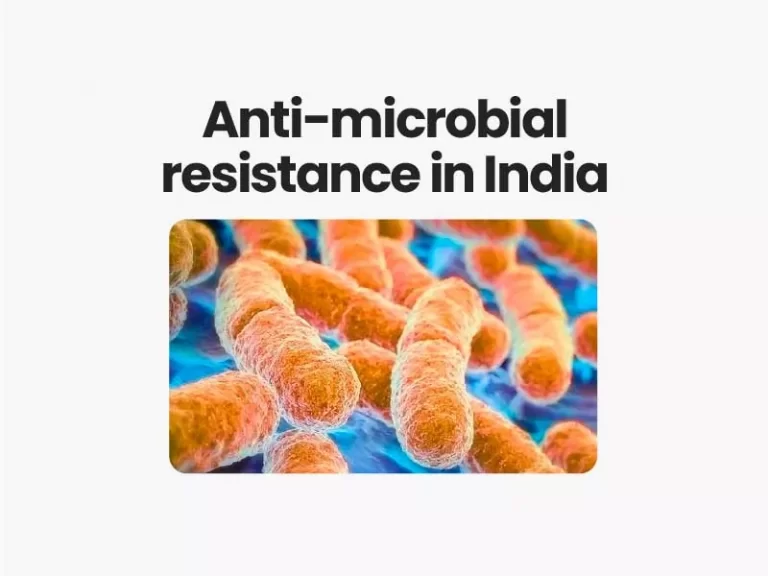Companion@360 → 7 Month programme to sharpen your writing skills → REGISTER NOW
Malnutrition and covid 19
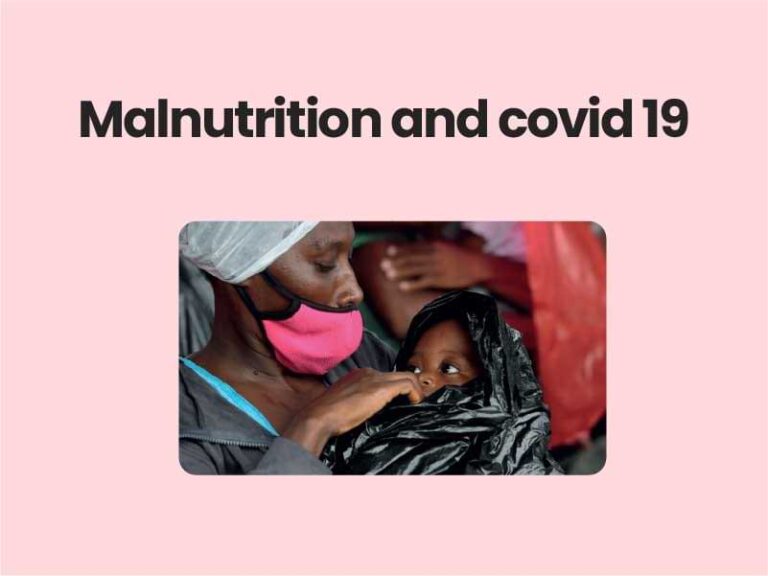
Malnutrition and covid 19 A robust and diverse food supply is an essential part of the health and nutrition response to COVID-19. WHO, together with partners, is providing nutrition and food safety guidance and advice during the COVID-19 pandemic for…

